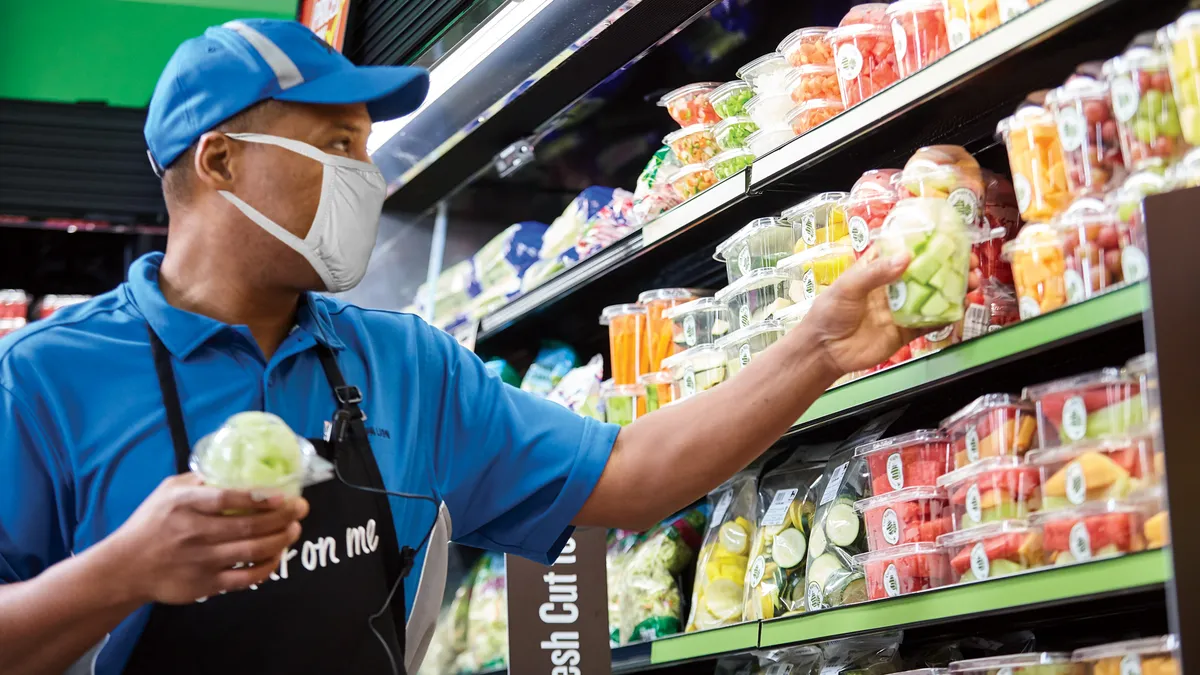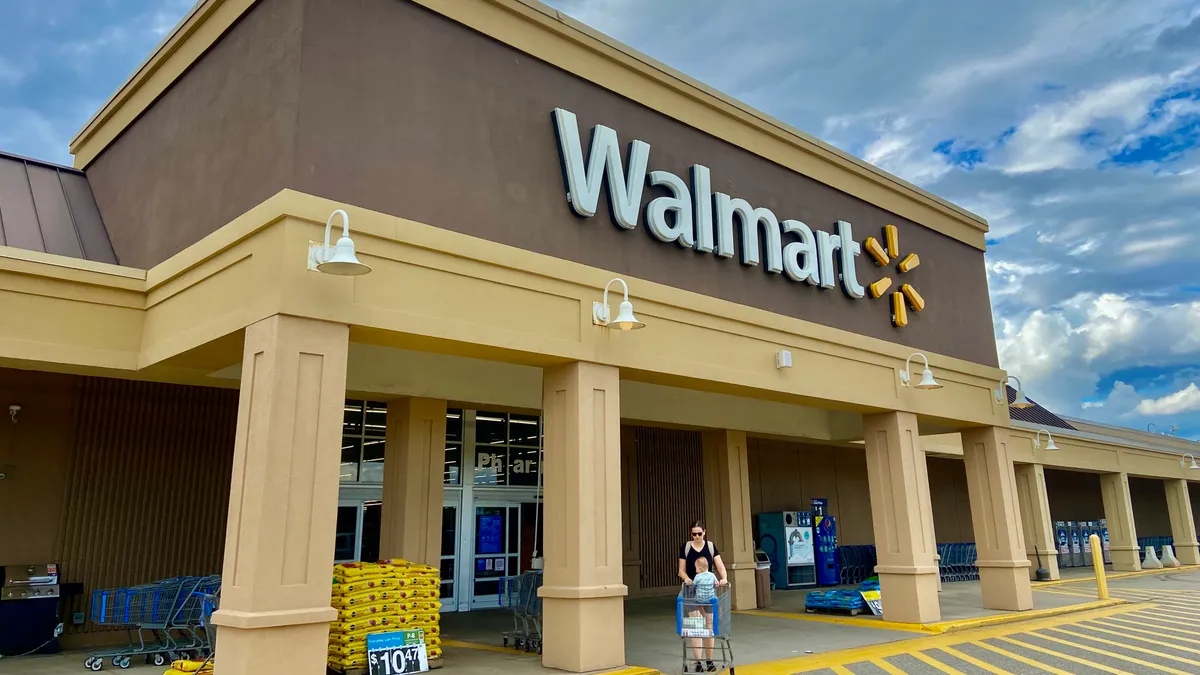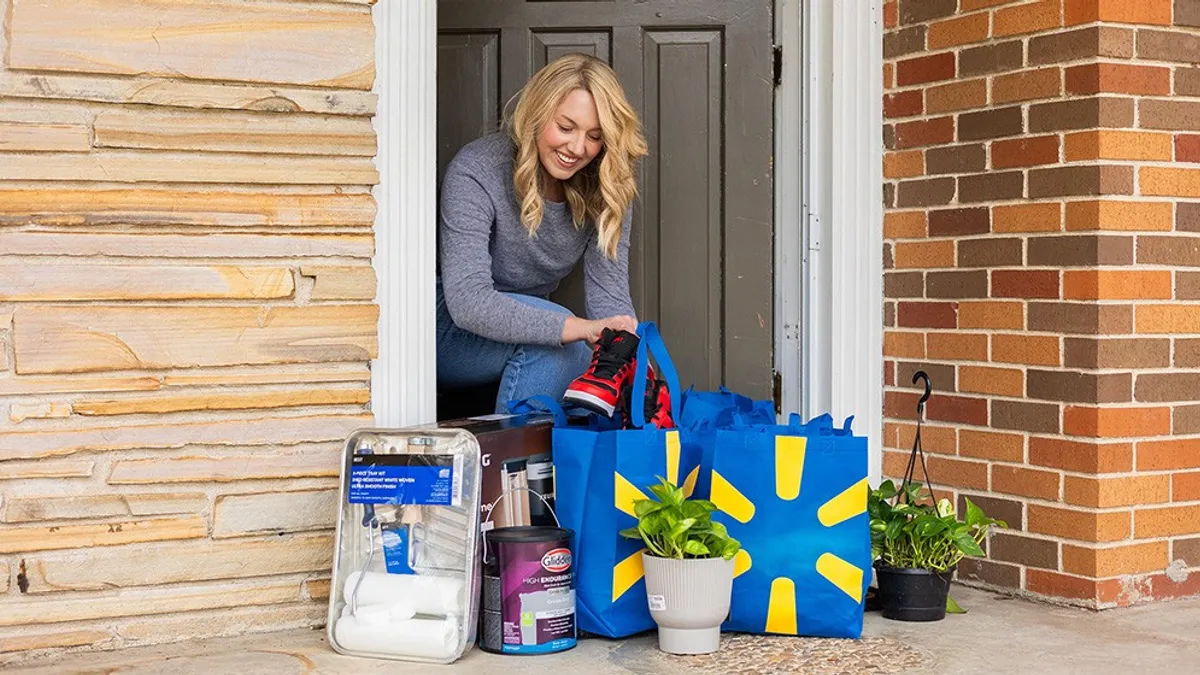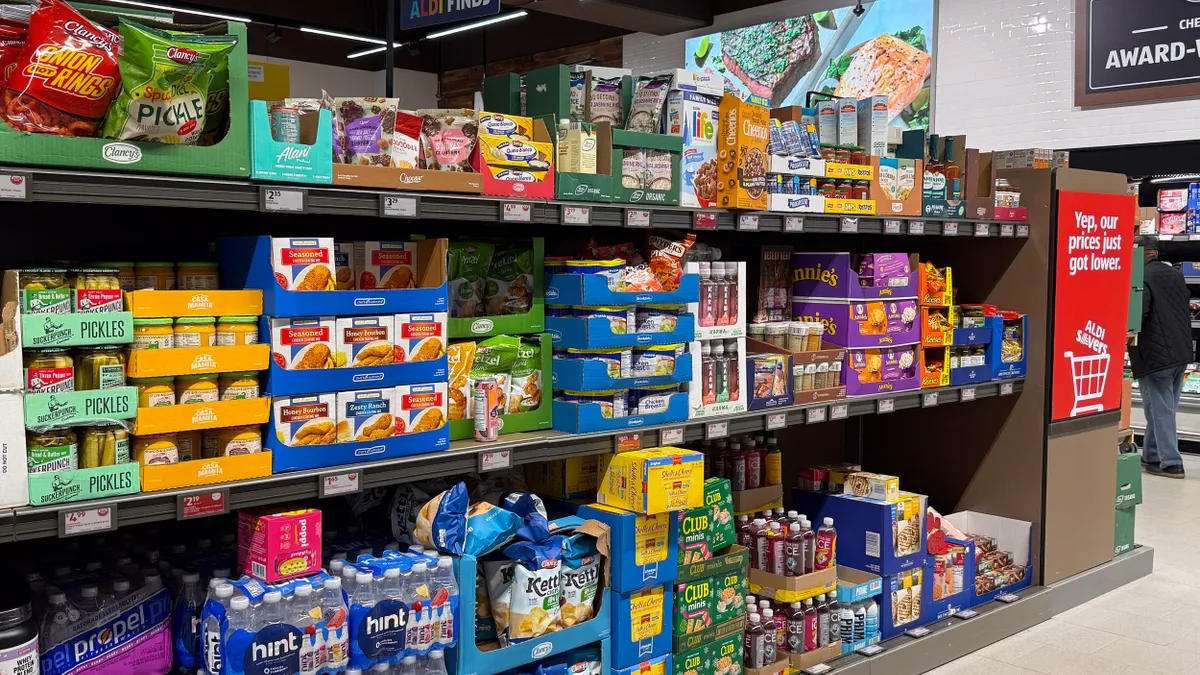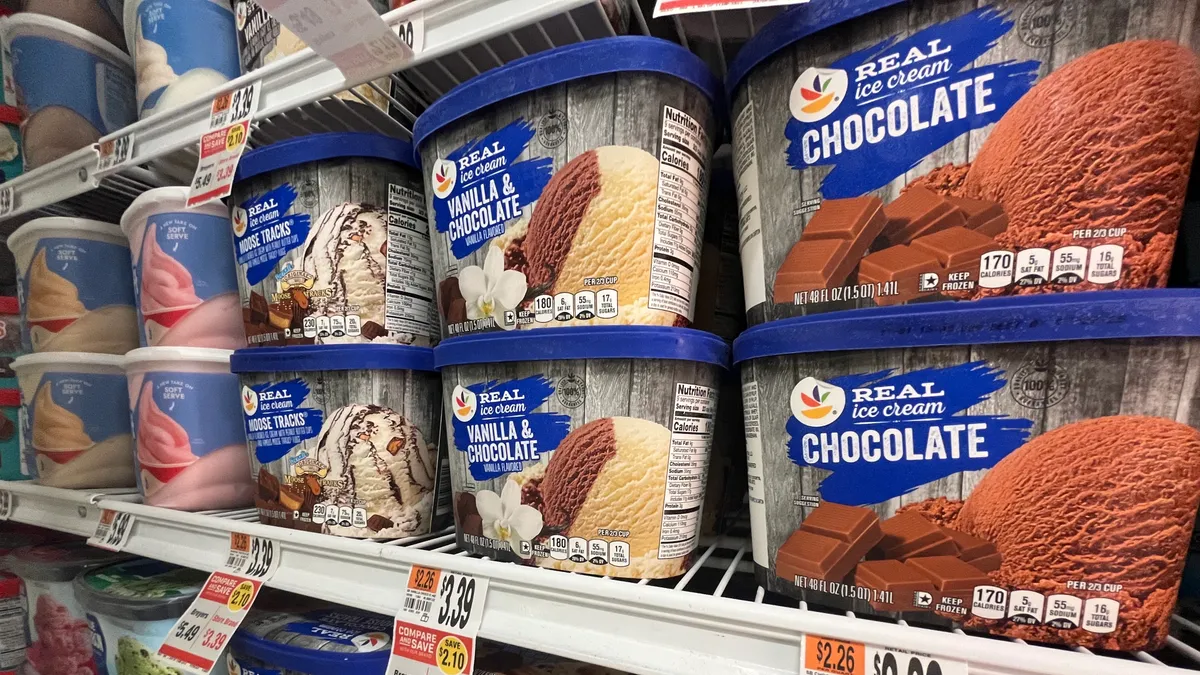The Friday Checkout is a weekly column providing more insight on the news, rounding up the announcements you may have missed and sharing what’s to come.
Grocers are continuing to make strides in their quest to bring on more workers — and the pace has been increasing as the summer rolls on.
Food and beverage stores tacked on 14,600 jobs in August, pushing the total number of people on their payrolls to slightly more than 3.2 million, according to preliminary data released Friday by the U.S. Bureau of Labor Statistics (BLS). By comparison, the industry — which has boosted employment levels for three months in a row — added 8,600 positions in July and 6,100 in June.
Restaurants and bars, by comparison, added 18,200 positions in August, down from 74,100 in July, the BLS said.
The unemployment rate rose to 3.7% in August from 3.5% the month before. The economy created a total of 315,000 non-farm jobs last month, way below the 526,000 positions it added in July and the smallest gain since December, according to the government.
Grocers are not taking their success on the labor front for granted. In a letter to workers yesterday, his first day on the job, new Whole Foods Market CEO Jason Buechel pledged to make worker satisfaction a top priority for the company.
“I want you to know that I am dedicated to nurturing the best and most inclusive Team Member experience possible and fostering a store-centric culture. Together, we’ll set bold long-term goals and build upon our industry-leading standards,” said Buechel.
The Amazon-owned supermarket chain plans to dispatch a member of its executive team to each of its stores, offices and other facilities during 2023 to ensure workers “feel connected to our vision,” he added.
In another reflection of the grocery industry’s drive for workers, Texas food retailer H-E-B held what it described as its “largest ever one-day hiring event” late last month in a bid to fill full- and part-time positions across its H-E-B, Central Market and Mi Tienda banners.
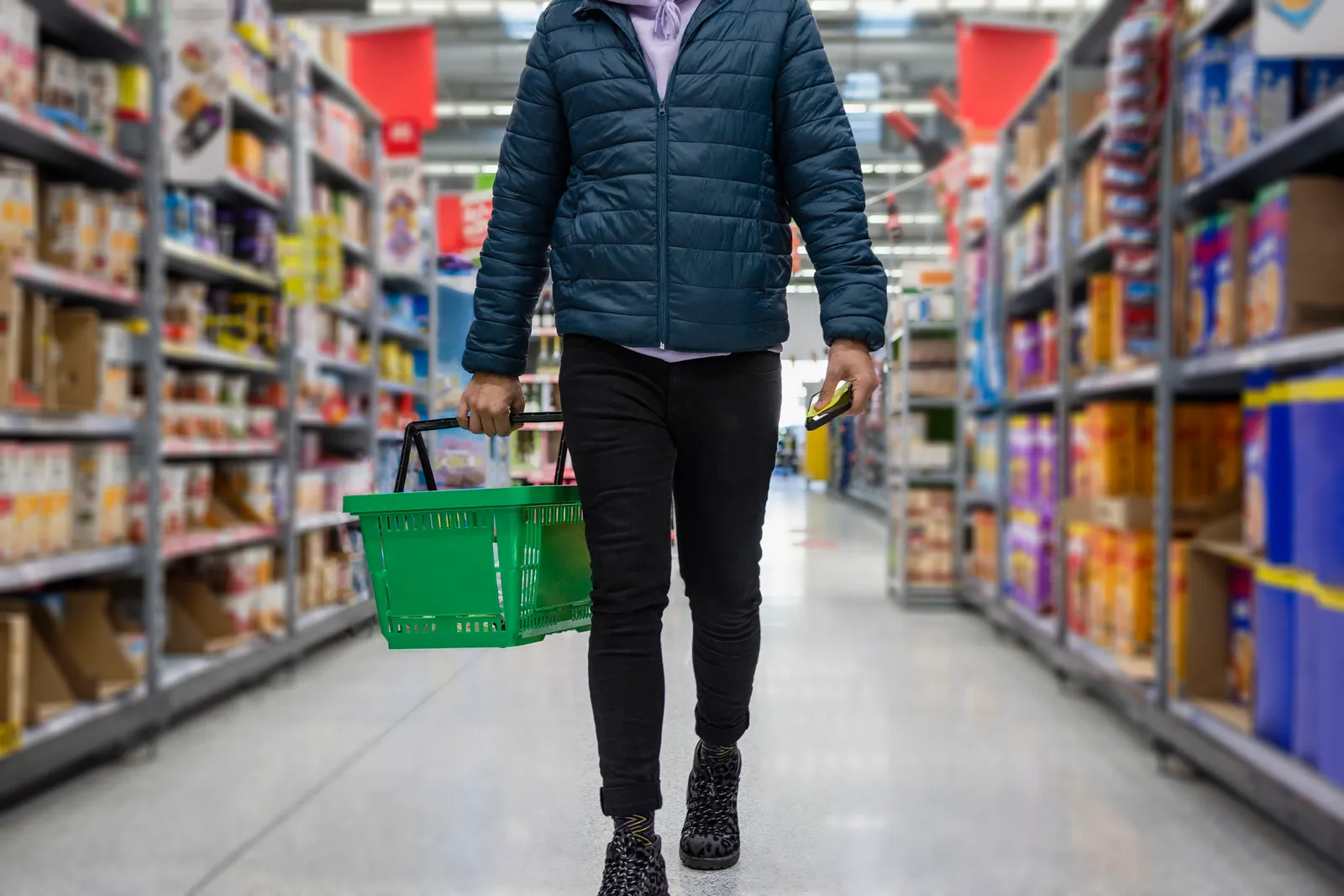
In case you missed it
New Jersey’s plastic bag ban has shoppers stealing shopping baskets
In early May, New Jersey’s ban on plastic carryout bags as well as plastic foam food containers went into effect and is regarded as one of the country’s most extensive restrictions on plastic products, according to the Asbury Park Press.
At grocery stores across the state, the ban has sparked theft of plastic baskets meant for shoppers to use in stores, the publication reported.
Store managers of Super Foods in Middletown, Stop & Shop in Long Beach and ShopRite in Freehold Township, New Jersey, have all reported basket thefts in recent weeks, with some stores putting up signs asking shoppers not to swipe them.
Back to school with frictionless checkout
Standard AI and Chartwells Higher Education have partnered on one of the largest rollouts of frictionless checkout technology to date, with plans to roll out 100 autonomous retail stores on college campuses.
The two organizations opened their first frictionless store in 2020 on the University of Houston campus and this summer opened several additional markets. The concept has been a hit so far with busy, tech-savvy students at San Jose State University, where Ginger Market has recorded a 21% increase in store traffic and a 23% boost to transaction size since introducing checkout-free shopping last year.
Gopuff to exit Spain
Gopuff will end all operations in Spain in order to focus on profitability and expand its business in the United Kingdom, which has a revenue increasing at a 30% compound monthly rate, Bloomberg reported.
Last year, Gopuff announced plans to expand its business into every European country after purchasing two start-ups and receiving backing from SoftBank. However, things have slid backward for the delivery company since then as it recently laid off 10% of its global workforce and closed dozens of warehouses.
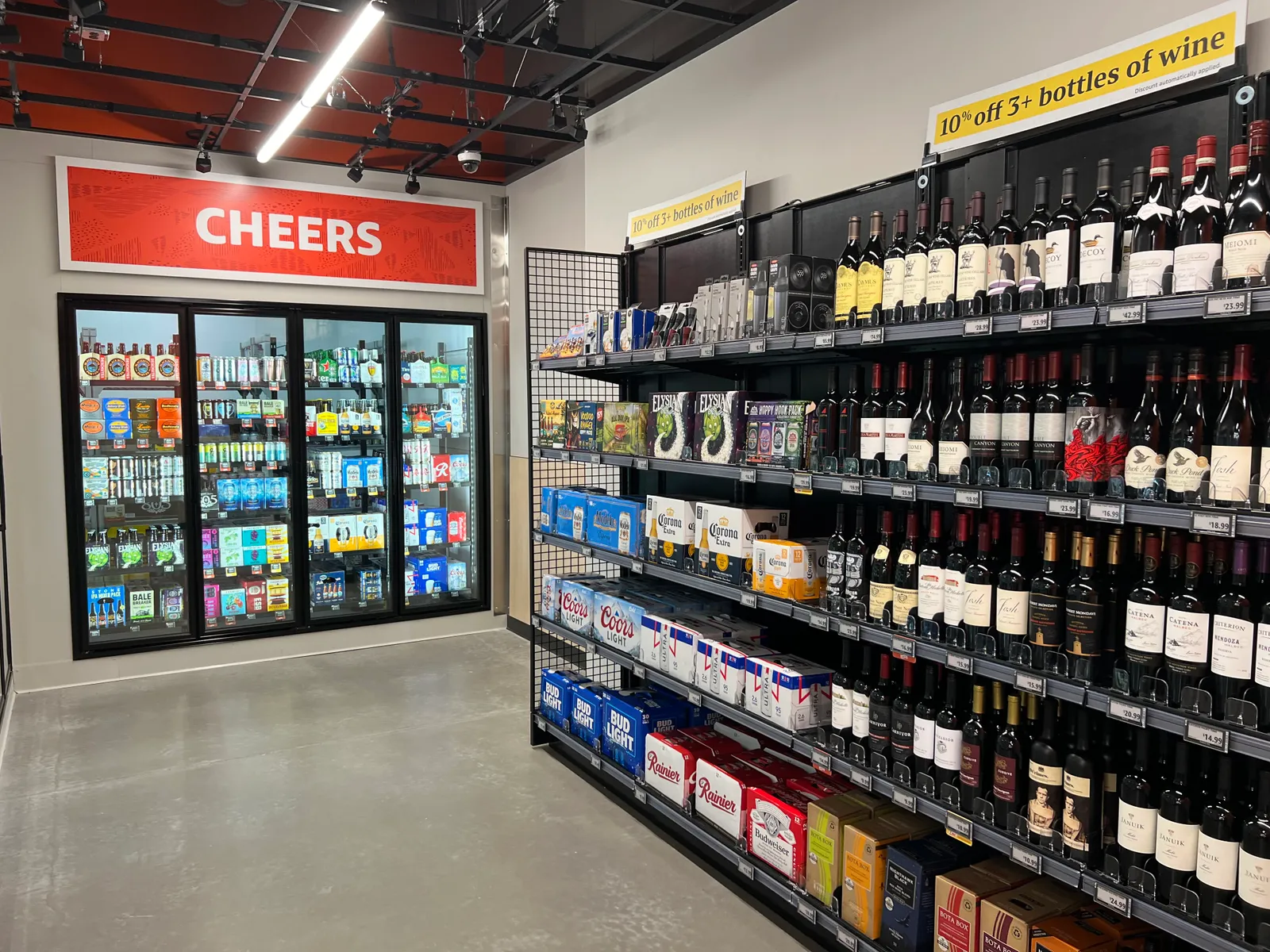
Number of the week: Three
That’s the number of ballot initiatives related to alcohol that voters in Colorado will consider this November, according to Ballotpedia. One ballot initiative would allow grocery stores to sell wine, one would allow third-party delivery of alcohol and another would raise the number of retail liquor licenses an individual may have.
In the state, the “vast majority” of grocery stores are only allowed to sell beer, according to Colorado Public Radio.
The boozy proposals in Colorado make it the newest battleground between grocers and liquor stores over the ability to sell a wider assortment of alcohol. DoorDash and Instacart have contributed more than $3 million in support of the initiatives regarding wine and alcohol delivery, according to Colorado Newsline.
What’s ahead
Kroger announcing second-quarter results
The grocery chain will hold its upcoming earnings call on Friday morning. Investors will have a close eye on how inflation and at-home eating trends are impacting the business. They’ll also be watching how Kroger’s digital sales, which slipped in the last quarter, are doing following the company’s nationwide rollout of its Boost membership program and its continued work to expand its Kroger Delivery network across the U.S.
C-Store Dive is coming
Industry Dive’s latest publication, C-Store Dive, is set to launch later this month. Be sure to sign up for the daily newsletter, which will hit email inboxes on Sept. 19.


